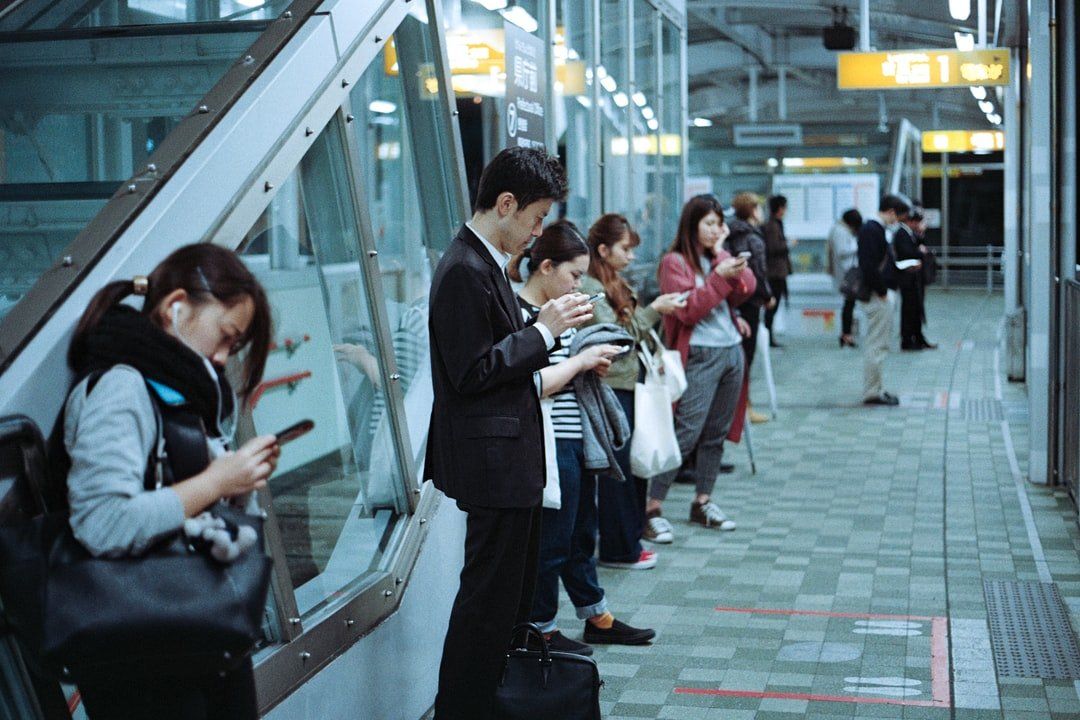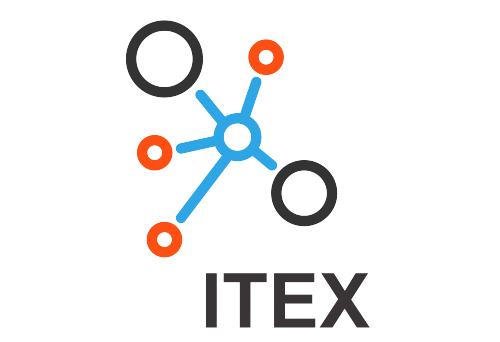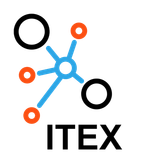By Muhammad Zia
•
December 26, 2019
In the ever-evolving landscape of business and industry, technology continues to be a driving force behind transformative changes. One area that has witnessed significant advancements is the realm of hiring and recruitment. Traditional methods of finding and selecting talent have given way to innovative solutions that harness the power of technology to streamline processes, enhance decision-making, and connect employers with the right candidates. This paradigm shift has led to what can be termed as "Tech-Enabled Hiring." Automated Screening and Sorting Gone are the days of sifting through stacks of resumes manually. Technology has introduced automated screening tools that swiftly scan resumes for relevant keywords, skills, and qualifications. These tools not only save time but also ensure that each application is evaluated based on predefined criteria, providing a fair and consistent assessment. Data-Driven Decision Making The advent of big data and analytics has revolutionized the way businesses operate, and recruitment is no exception. Technology allows hiring managers to analyze vast amounts of data, including candidates' online presence, skills, performance metrics, and even social media activity. This data-driven approach enables more informed hiring decisions and the identification of trends that might not be apparent through traditional methods. Virtual Interviews and Assessments Geographical barriers are no longer a hindrance to finding the right candidate. Video conferencing tools and virtual assessment platforms have made it possible to conduct interviews and skills tests remotely. This not only broadens the pool of potential candidates but also expedites the hiring process. AI and Predictive Analytics Artificial Intelligence (AI) has introduced predictive analytics into hiring, allowing employers to forecast which candidates are likely to succeed based on historical data and patterns. AI-powered chatbots are being used for initial candidate interactions, answering frequently asked questions, and even conducting preliminary interviews. These technologies not only save time but also provide a consistent and unbiased experience for all applicants. Diversity and Inclusion Technology has played a pivotal role in addressing bias in the hiring process. AI algorithms can help identify and eliminate unconscious bias by focusing solely on a candidate's qualifications and experience. Additionally, companies are utilizing data analytics to monitor diversity metrics and ensure a more inclusive workforce. Enhanced Candidate Experience A positive candidate experience is crucial for attracting top talent. Technology has facilitated the creation of user-friendly career websites, mobile applications, and interactive platforms that engage candidates throughout the recruitment process. Personalized communication, quick responses, and seamless navigation contribute to an overall positive perception of the company. The Human Touch While technology has brought about remarkable advancements in the hiring landscape, the human touch remains irreplaceable. The integration of technology should not overshadow the importance of human interaction, intuition, and decision-making. A balanced approach that combines technological efficiencies with human judgment ensures a holistic and effective hiring process. In conclusion, the marriage of technology and hiring has led to a transformative shift in how organizations find and onboard talent. Automated screening, data-driven decision-making, virtual interviews, AI-powered analytics, and improved candidate experiences have collectively revolutionized recruitment processes. As we move forward, a harmonious blend of technology and human expertise will define the future of hiring, ensuring that businesses stay competitive in an increasingly dynamic job market.





